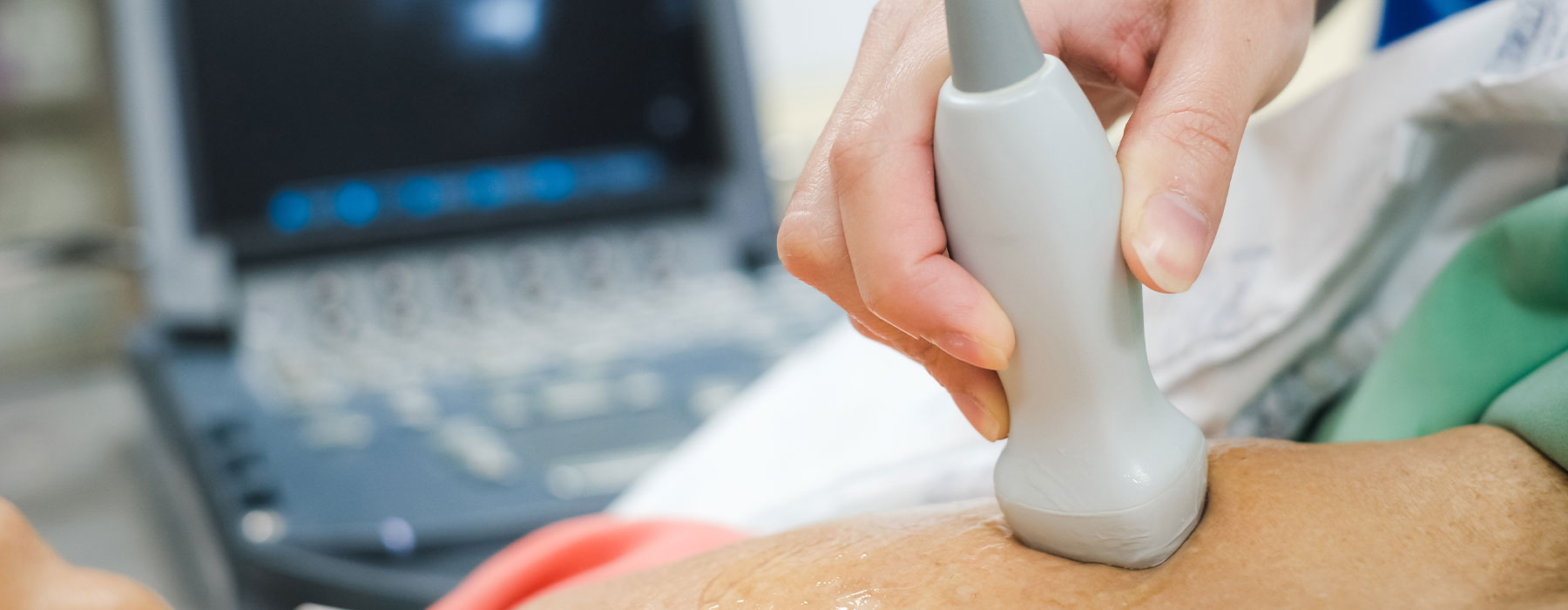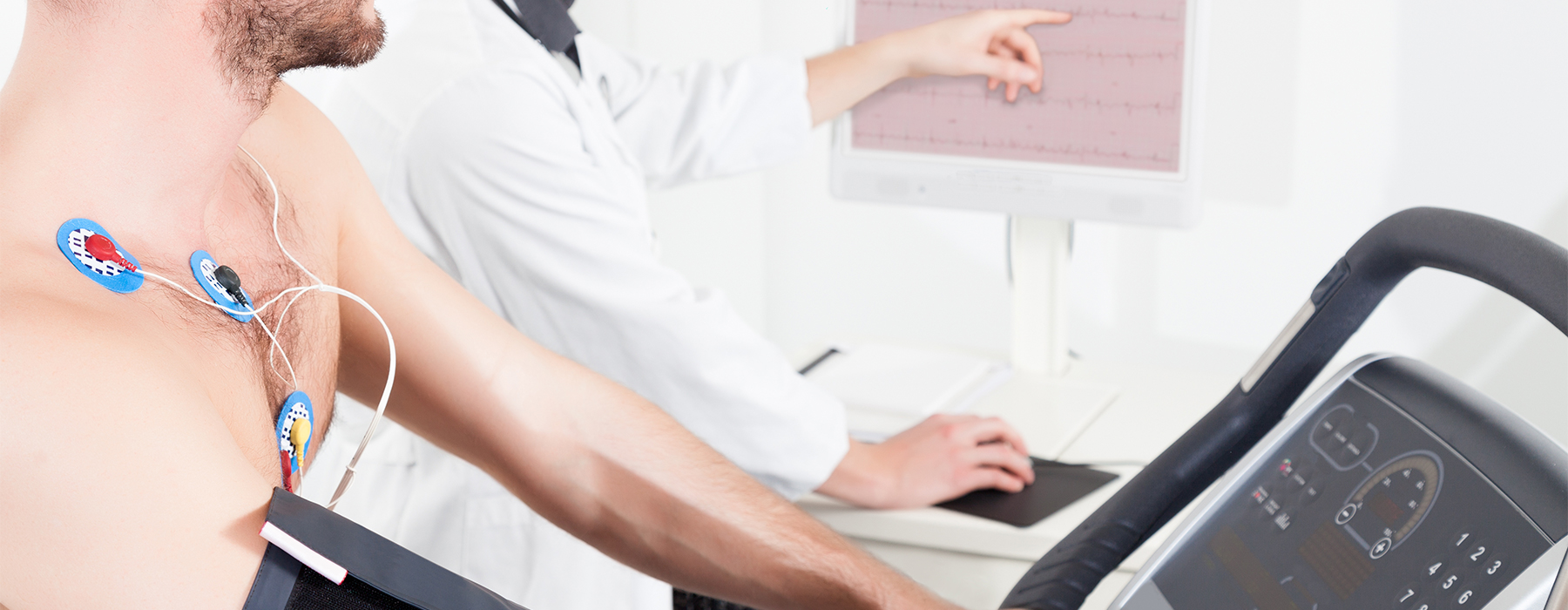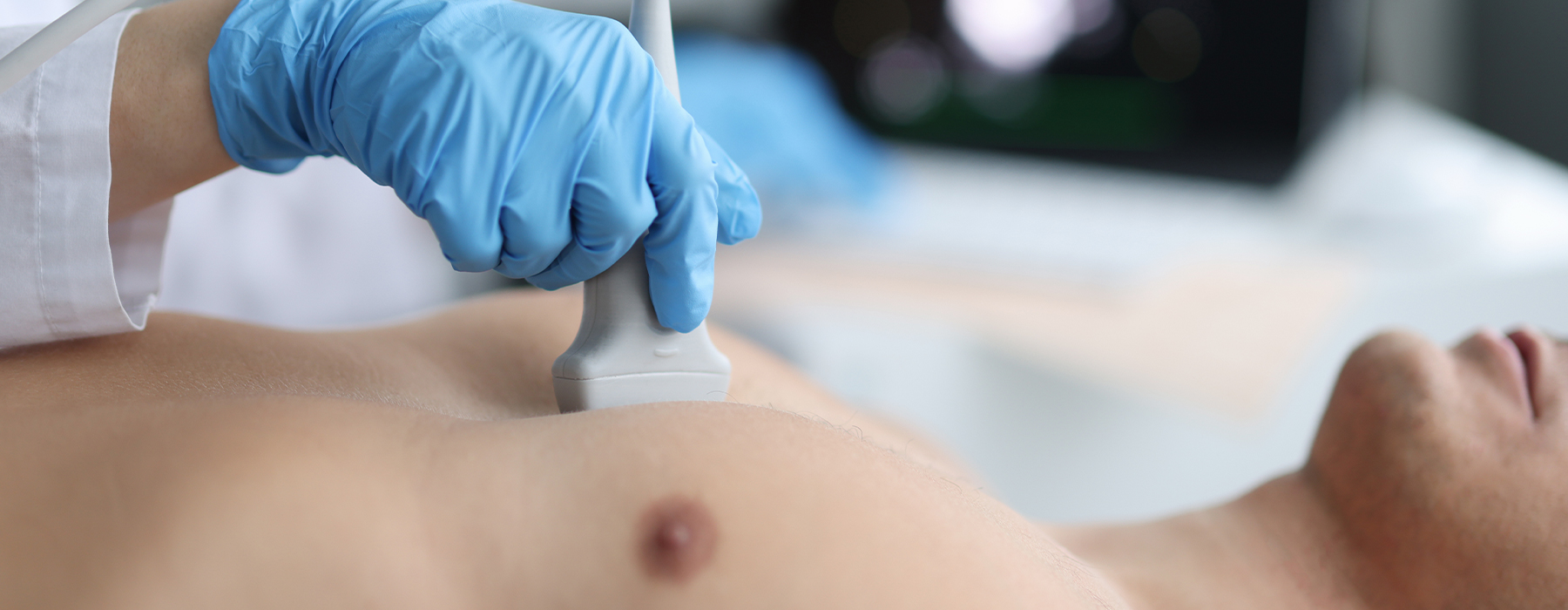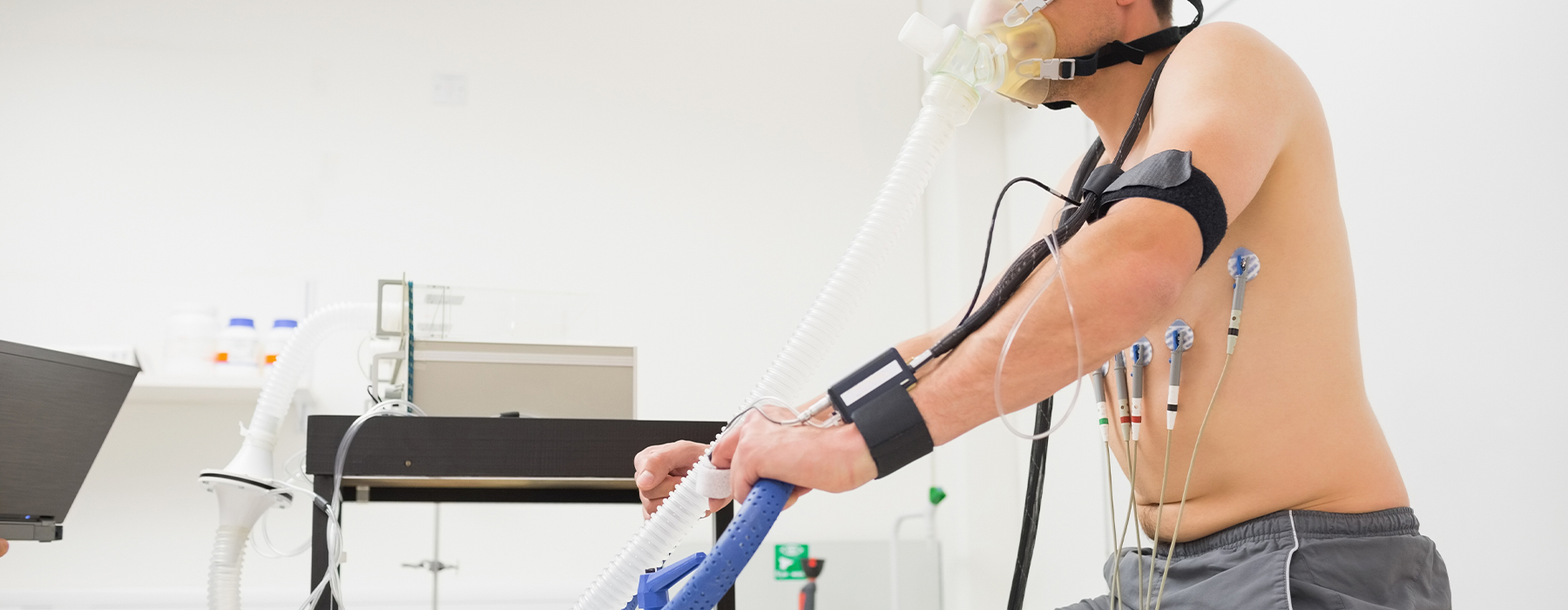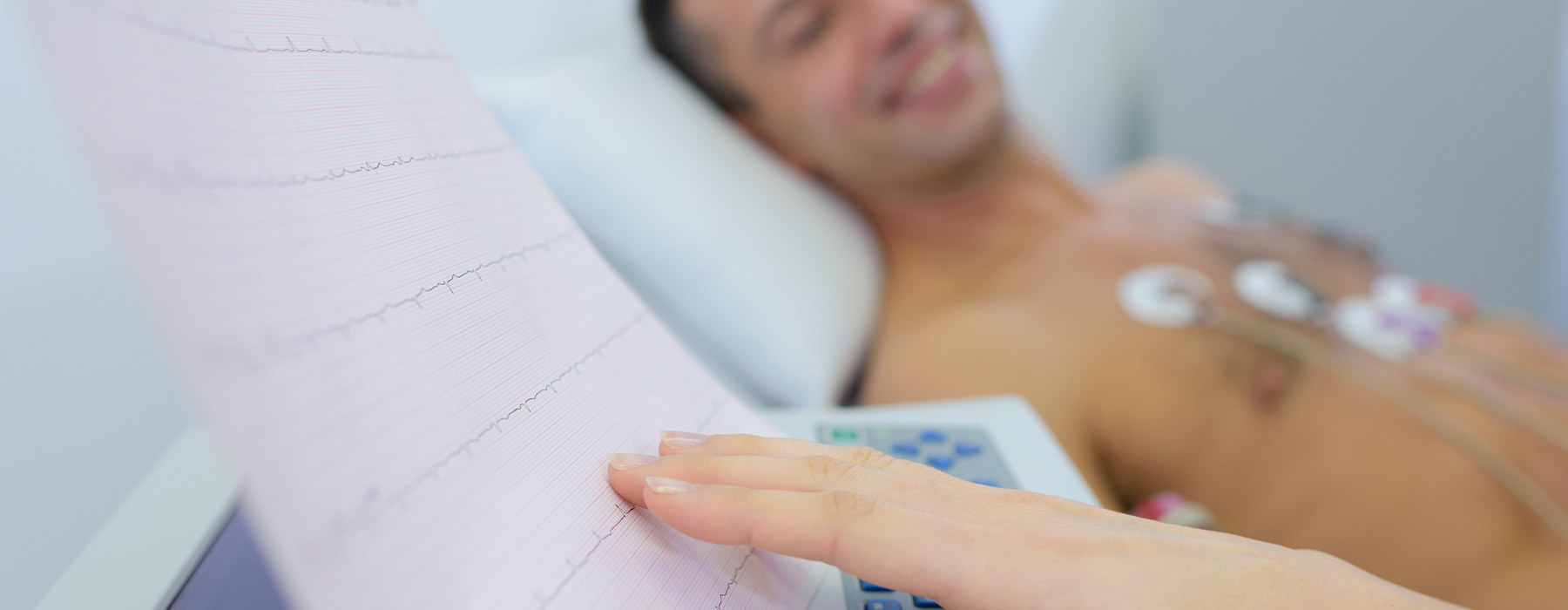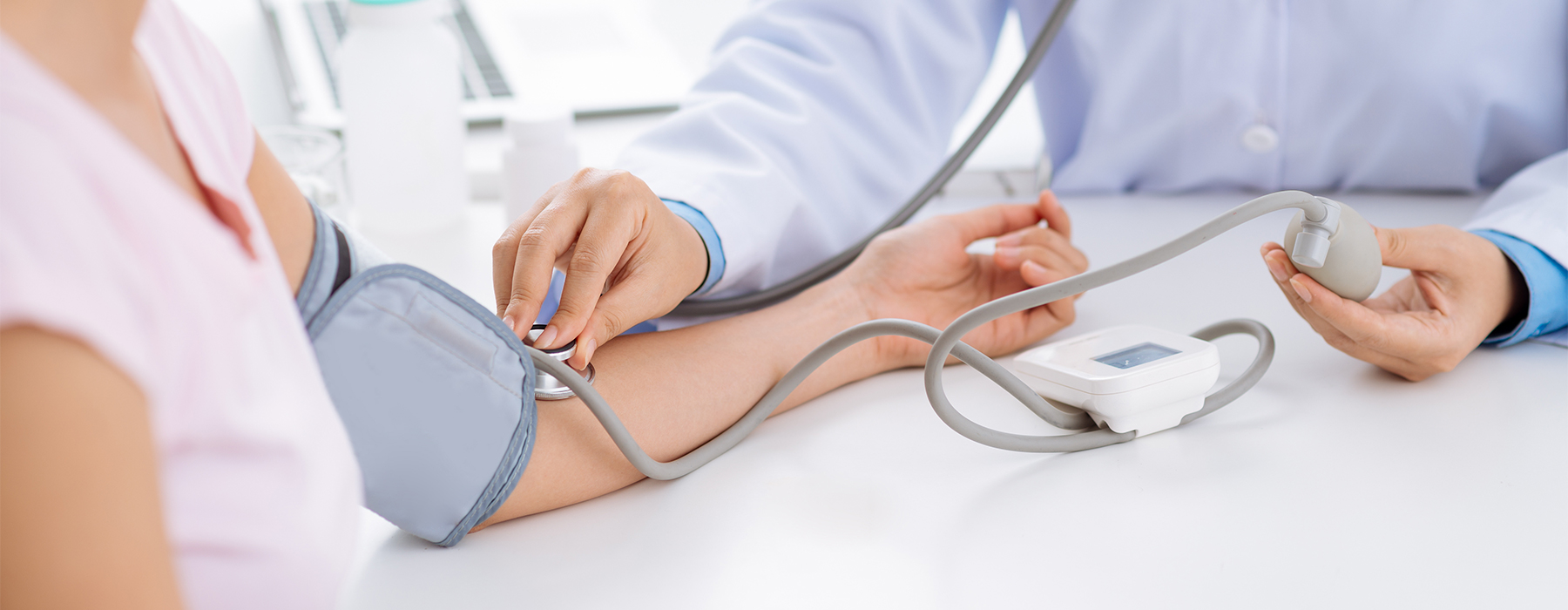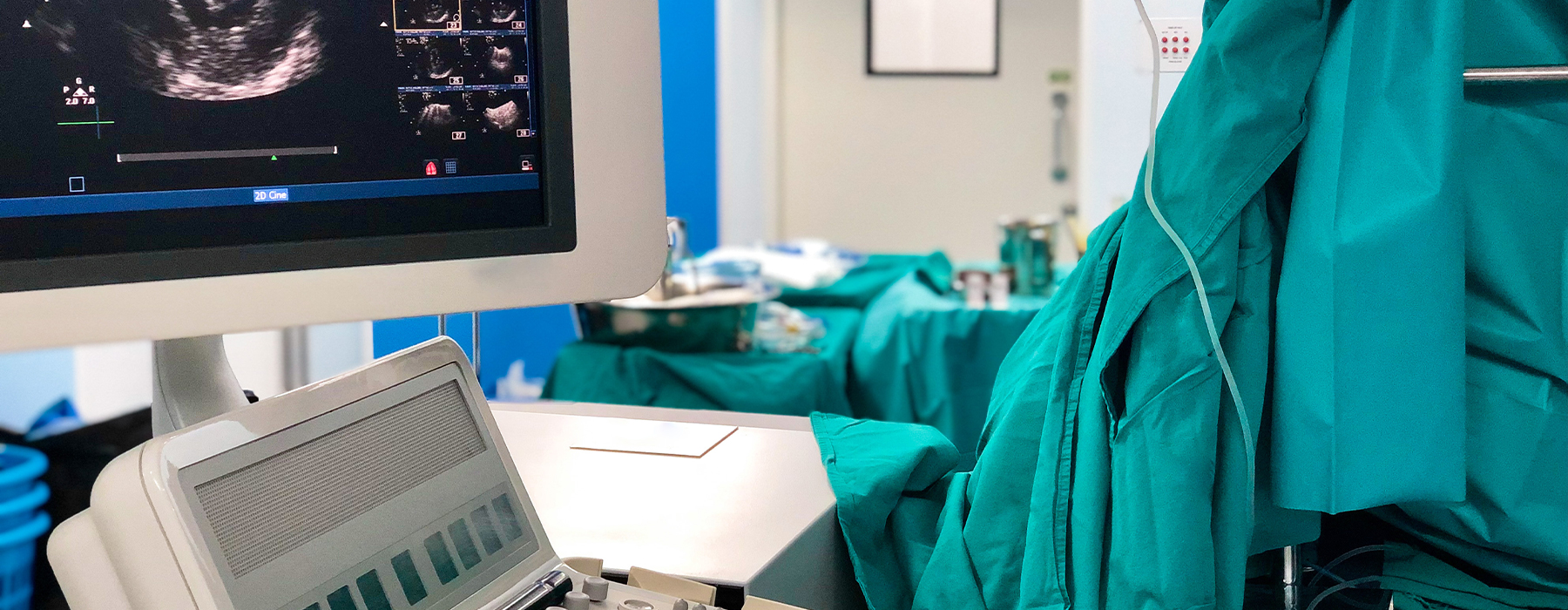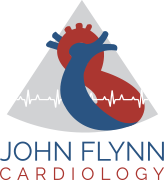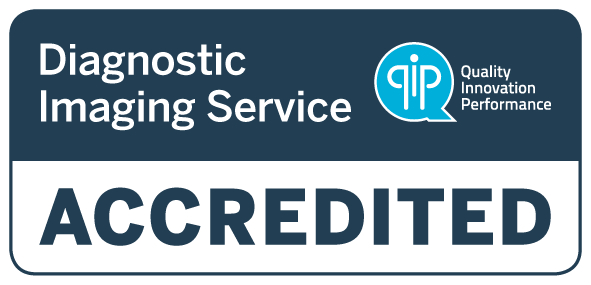What is Coronary Angiography?
A coronary angiogram is an invasive diagnostic test that provides detailed images of the coronary arteries, which supply blood to the heart muscle. The test is performed to evaluate the presence and severity of blockages in the coronary arteries, which can cause chest pain (angina), heart attacks, and other symptoms. This information is then used to determine the best treatments, such as lifestyle changes, medication, and revascularisation procedures including balloon angioplasty or bypass surgery.
During a coronary angiogram, a thin, flexible tube called a catheter is inserted into an artery, usually in the groin or arm, and guided to the coronary arteries using X-ray imaging. Contrast is then injected into the arteries and X-ray images are taken to visualize the flow of blood and any blockages in the arteries.
The procedure is typically performed in a hospital setting, under light sedation and using local anaesthetic at the site of insertion of the catheter. After the procedure, you will be monitored in the hospital for several hours to ensure that there are no complications and to allow time for the effects of any sedation to wear off.
Some medications (especially certain blood thinners and diabetes treatments) should be withheld before an angiogram. Make sure the cardiologist knows all the medications that you are taking, and you will be advised if they should be withheld prior to the test. Aspirin will usually be continued uninterrupted.
You should fast for 4 hours before the procedure. Even while you are fasting, you should still take your normal medications with a glass of water (except those that the cardiologist has asked you to withhold).
Make sure that you have arrangements for transport home after the test. Because you may be given some sedation during the test, and to avoid complications at the groin access site, you may not drive yourself home.
The most common complication of the procedure is bruising or bleeding at the groin or wrist, after the procedure has been completed. This is not common, and rarely serious.
Occasionally people do have allergic reactions to X-ray contrast. This is quite unusual during coronary angiography, but if you have had previous allergic reactions during X-ray scans, please let the cardiologist know before the test! Serious complications are very rare but have occasionally been reported. These include heart attacks, stroke and even death. Complications such as these have usually been reported in people who were already very ill prior to their angiogram. The risk of a serious complication is significantly less than 1 in 1000. Nevertheless, angiograms will only be performed if the potential benefits of performing the procedure have been balanced against the small risk of serious complications.
You may experience some discomfort or bruising at the site where the catheter was inserted, but this should resolve within a few days. Coronary angiograms do carry a small risk of more serious complications which your doctor will discuss with you, along with guidance on how to minimize any potential risks.
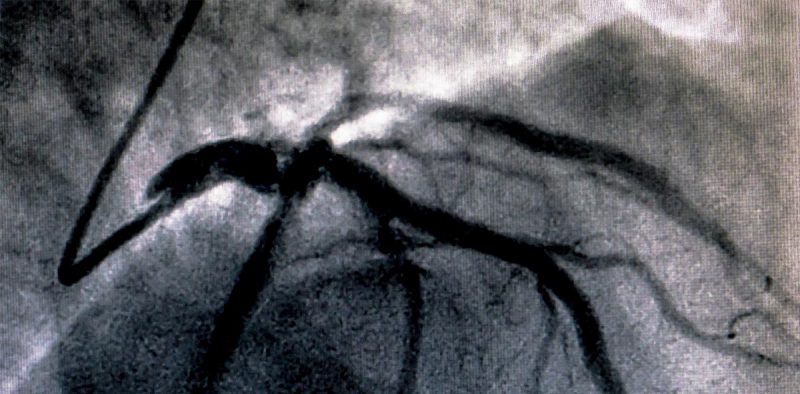
Appointments
- Please arrive 15mins prior to your appointment time. If you are going to be late, please phone us to let us know.
- Please bring your referral and Medicare card with you to your appointment.
- Please bring your private health insurance membership card with you.
Results
- Results will be sent to your referring doctor.
- If ordered by our cardiologists, they will discuss at your next appointment.

Informed consent
It is required by law to receive your consent to perform this test. It is important that you have read and understood this information. If you have any questions, please ask the technician prior to your test.
